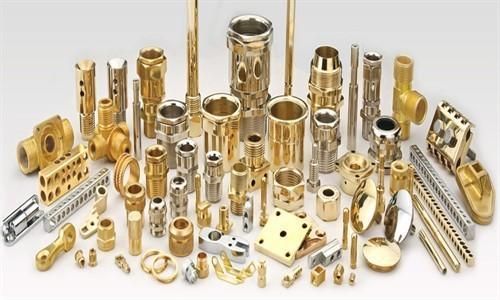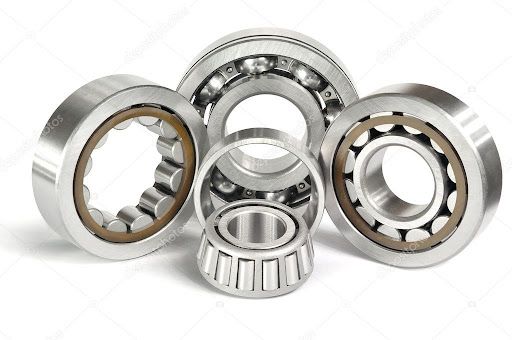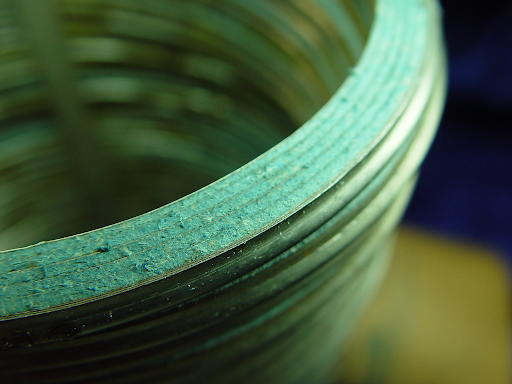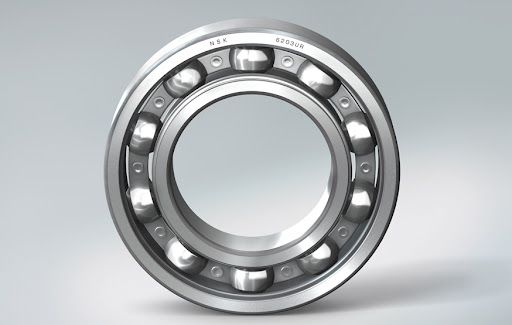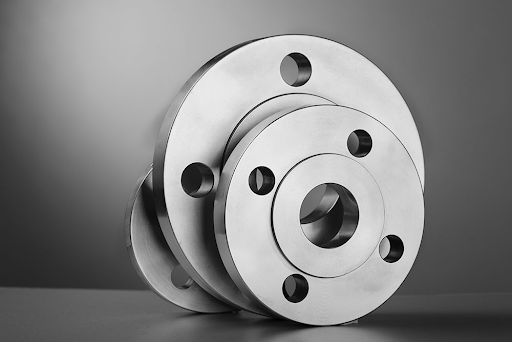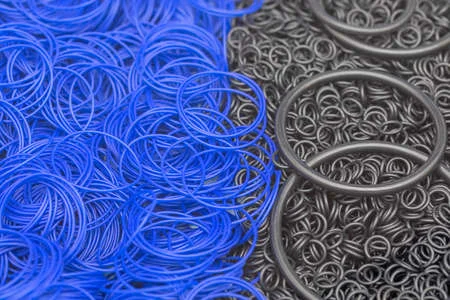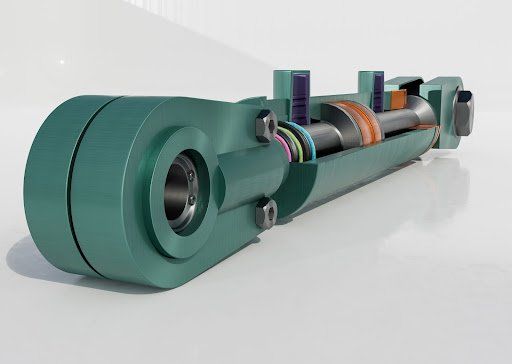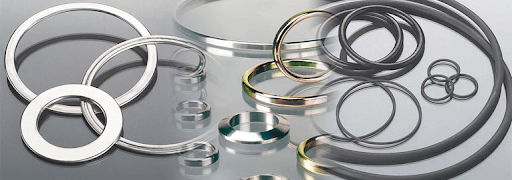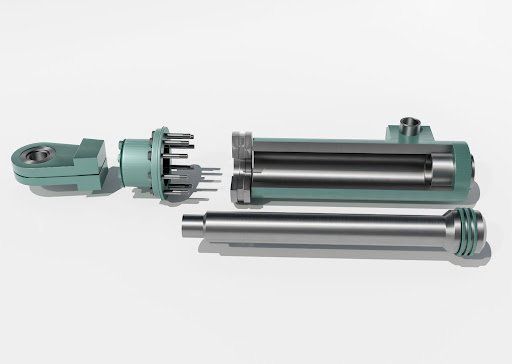The Importance of Using Washers
Washers are often mistaken for simply cheap metal discs, used to keep fasteners tight. What many people don’t understand is that they are a critical fastener component and have been designed to perform unique functions that ensure the safety and longevity of the product being put together. Choosing not to use a washer with your fasteners is almost always guaranteed to reduce the lifespan and reliability of the join as well as increase the risk of long-term damage to the product or equipment being fastened.
Washers come in a variety of sizes, finishes, and materials, and it’s estimated that billions are used each year for assembly applications and maintenance. The two main purposes of standard washers, such as aluminum flat washers, are to distribute the pressure or clamp load evenly so that the surface beneath the fastener isn’t damaged, and to make sure that the nut is pressed against a smooth surface, keeping the fastener from loosening and insulating it against moisture or electricity.
Once you’ve made the smart decision to use washers with your fasteners, you then need to determine what you hope to gain from their use, allowing you to select the best washer for the specific application. It’s important to remember that the size, thickness, and strength of a washer will influence the length, diameter, and capability of the fastener. If your assembly needs to be as tight as possible, you would need a thicker washer or even more than one, to achieve this result. To reduce leakage, a smaller, high-quality washer would ensure that the space between the fastener is limited and better insulated. In most cases, it’s recommended that you consult with a reputable vendor on which types of washers are best for specific applications.
Taking care of your washers is also important if you want to get the most out of your fastener and the join. In many cases, it might be necessary to grease the washer with a quality lubricant . This simple task can reduce the risk of corrosion, make it easier to keep the fastener in place and ensure that the join is completely insulated against leakage.
For more information on the various types of washers and how they can extend the life of your fasteners as well as the equipment or products being assembled, contact the team at Bearing Centre. We are available 24/7 to assist.
We combine our years of expertise with exceptional customer service and the highest quality products. All this assures you of the best experience from start to finish.
Bearing Centre, Blantyre, Southern Region, Malawi, Africa - 312200
Website by Visionar
Subscribe to our newsletter
We will get back to you as soon as possible
Please try again later

